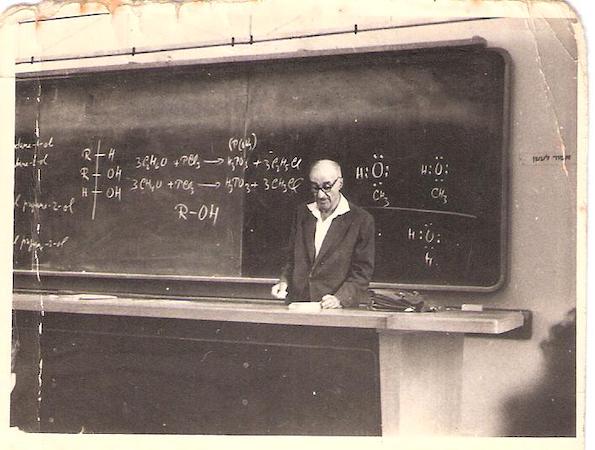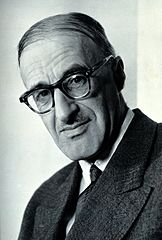The Controversial Rabbi
In Jewish history there have been many controversial free-thinkers, teachers, philosophers, authors, and lawmakers who with their opinions had the unique gift of making some people love them and some people hate them. One of these people is the late Rabbi Yeshayahu Leibowitz, who was one of the most despised and admired thinkers in the history of the State of Israel. With his provocative writings and lectures, Leibowitz saw himself as an iconoclast, a man whose duty it was to smash cultural and religious “idols.”
“With academic certifications in philosophy, biochemistry, and mathematics, he settled in Eretz Yisrael in the mid‑nineteen thirties”
Born in Riga at the turn of the twentieth century, he was fortunate to leave Latvia for Switzerland just a few years before Latvian Jewry were murdered by the Nazis and their collaborators in the Holocaust. With academic certifications in philosophy, biochemistry, and mathematics, he settled in Eretz Yisrael in the mid‑nineteen thirties and began a teaching career at the Hebrew University which would last for six decades.
He rose to public attention when Israeli television offered him a Friday program to teach a fifteen-minute lecture on the weekly Torah portion. It was a chance the controversial rabbi had been waiting for. He taught that a person should obey the commandments in the Torah for the sole purpose of obeying them, and not to receive any kind of reward in this world or a next. The reasons for any religious commandments. Leibowitz claims were beyond anyone’s understanding. Understanding them was irrelevant. The point was in obeying the commandments as an act of worship and should have no self-interest. A person’s faith is his commitment to obey God’s commandments, Leibowitz said. It had nothing to do with what a person’s image of God was, or even if he believed in God. Commandments were there to be obeyed, simply because God says so.
“A person’s faith is his commitment to obey God’s commandments, Leibowitz said”
Leibowitz used his public platforms to criticise many systems and institutions. He targeted Reform Judaism, which developed in Germany just before the Holocaust and did away with much of the ritual and tradition in Orthodox Judaism. Likewise, he was critical of those who studied the Kabbalah. Initially a Zionist, in later years he even criticised Zionism because he felt it was not defined by social, moral, or religious values. He did not believe that Zionism persuaded any Jew to obey the Torah.
Leibowitz grabbed people’s attention, but he did not hold back. One of his most controversial opinions was when he said that placing the Israeli state, Jewish history and Jewish culture above God was idol worship. Even the Western Wall was an idol. There was nothing Jewish he said about praying to a wall as if it were a shrine.
Yet despite the antagonism, he also gained favour in segments of Israeli society. Years after his death he is still considered a great man, even by those who violently disagreed with him.
Although the ability for Israel to absorb different people with intensely diverse opinions can be hard, passionately discussing disagreements and arguments can soften. Such was the case with Professor Yeshayahu Leibowitz. With more enemies than most, he was still elected for the prestigious Israel Prize – and mainly by those who disagreed with him, and his essays and lectures are still taught today.






